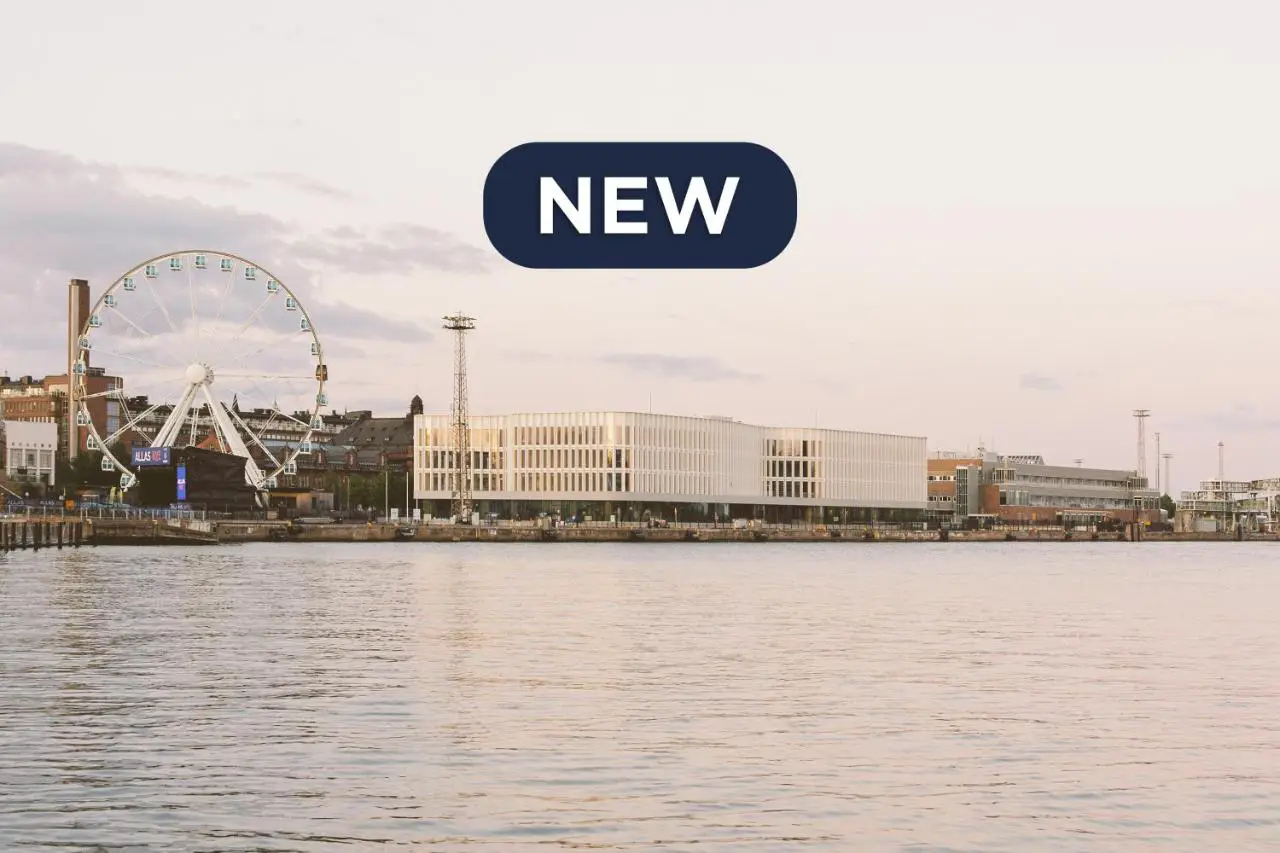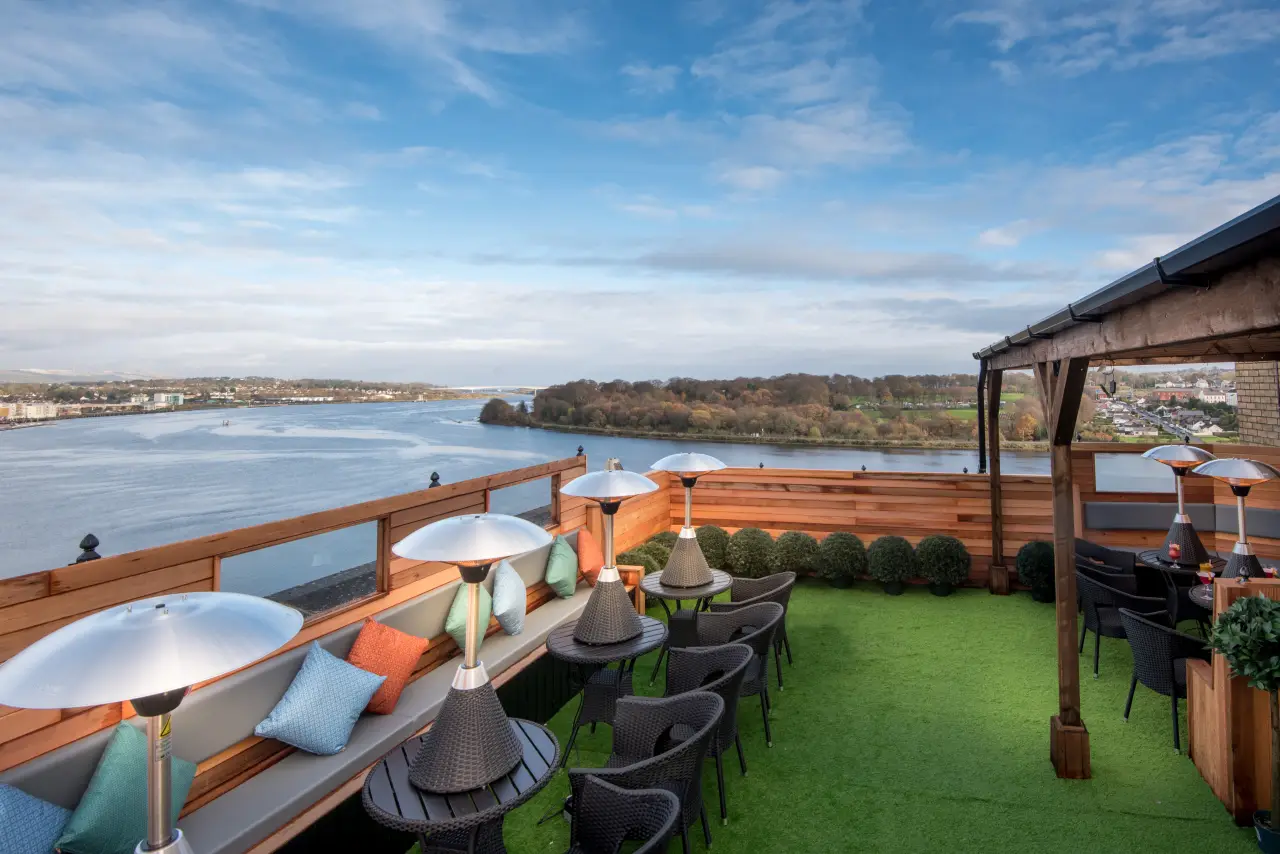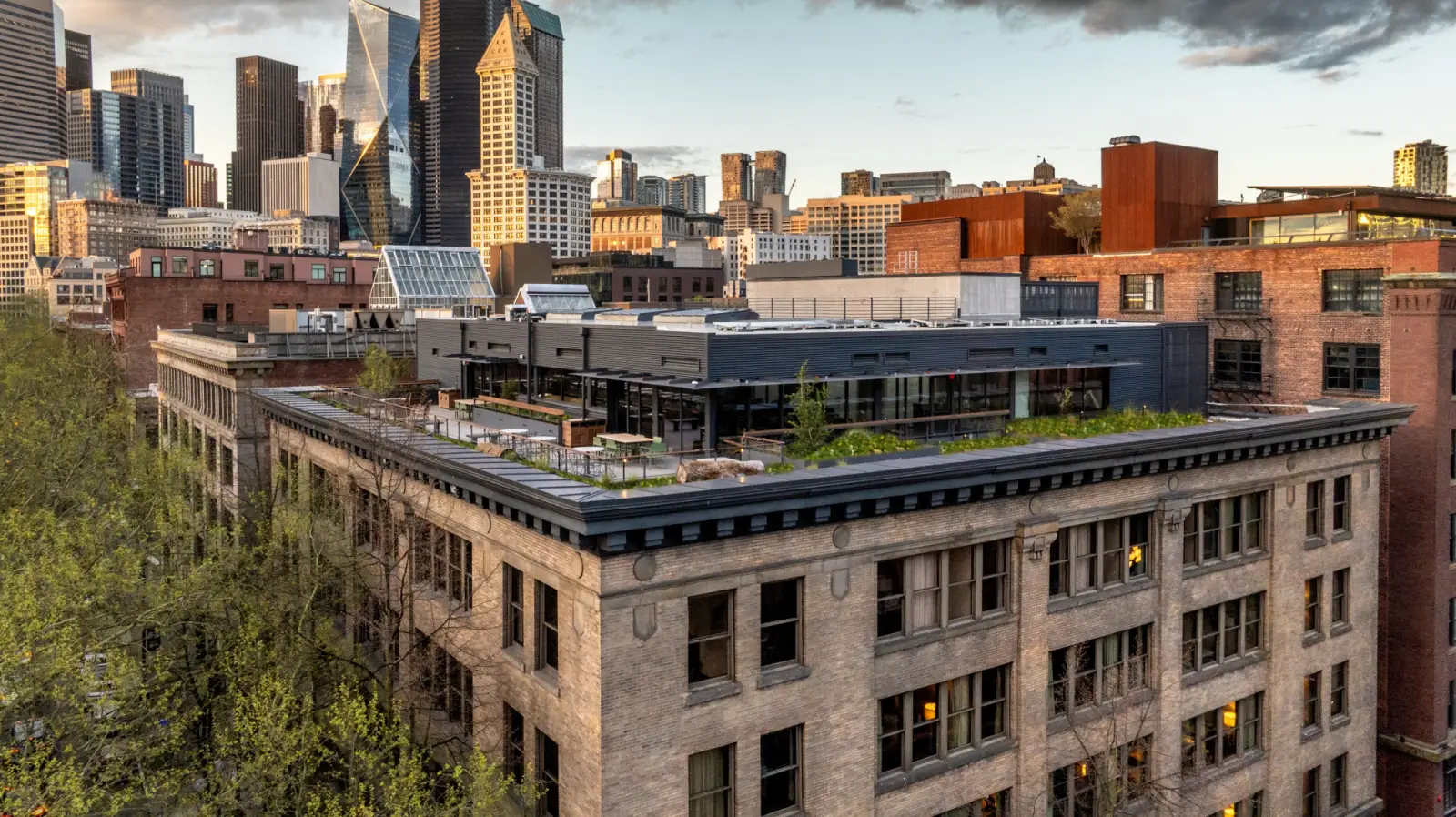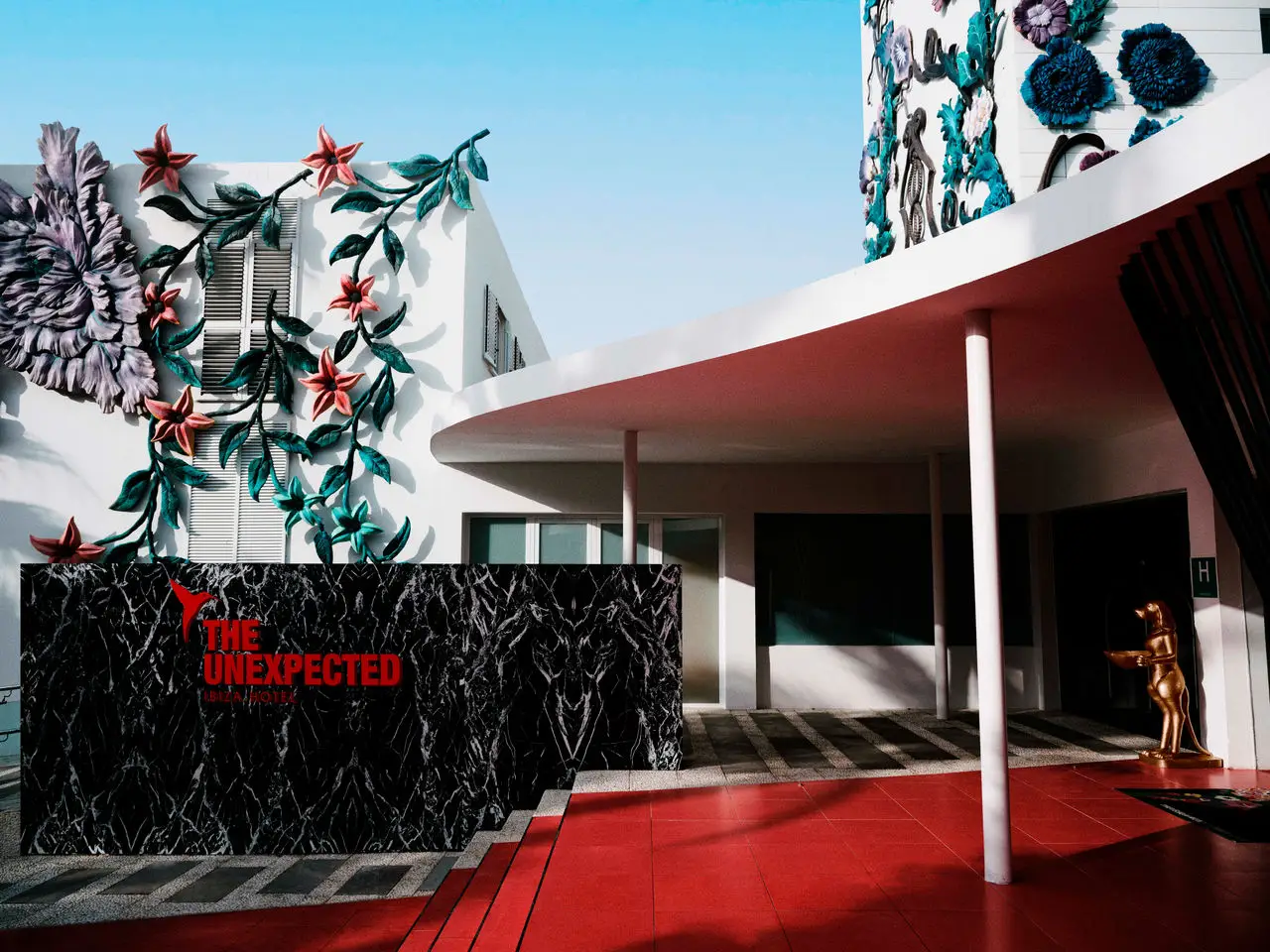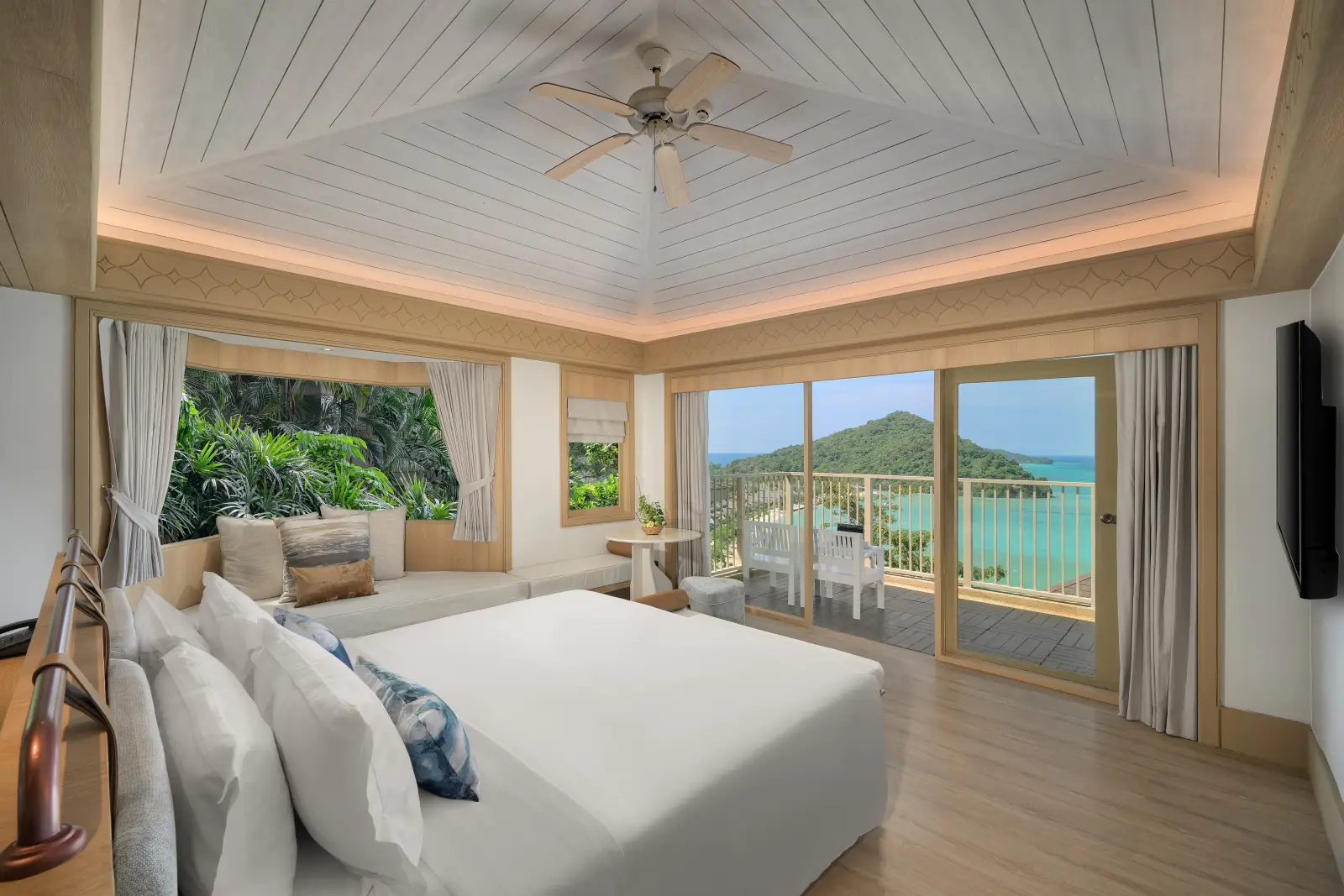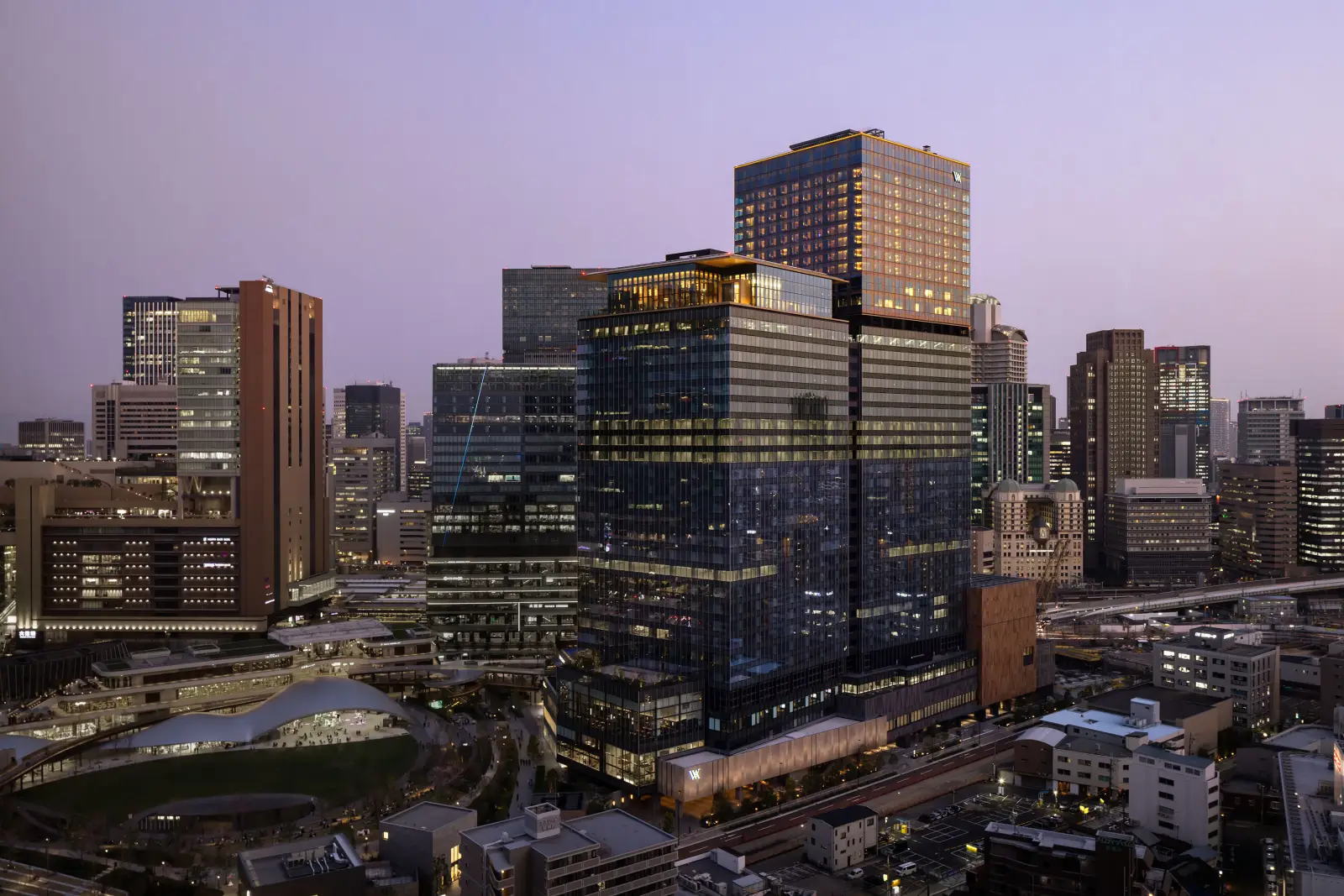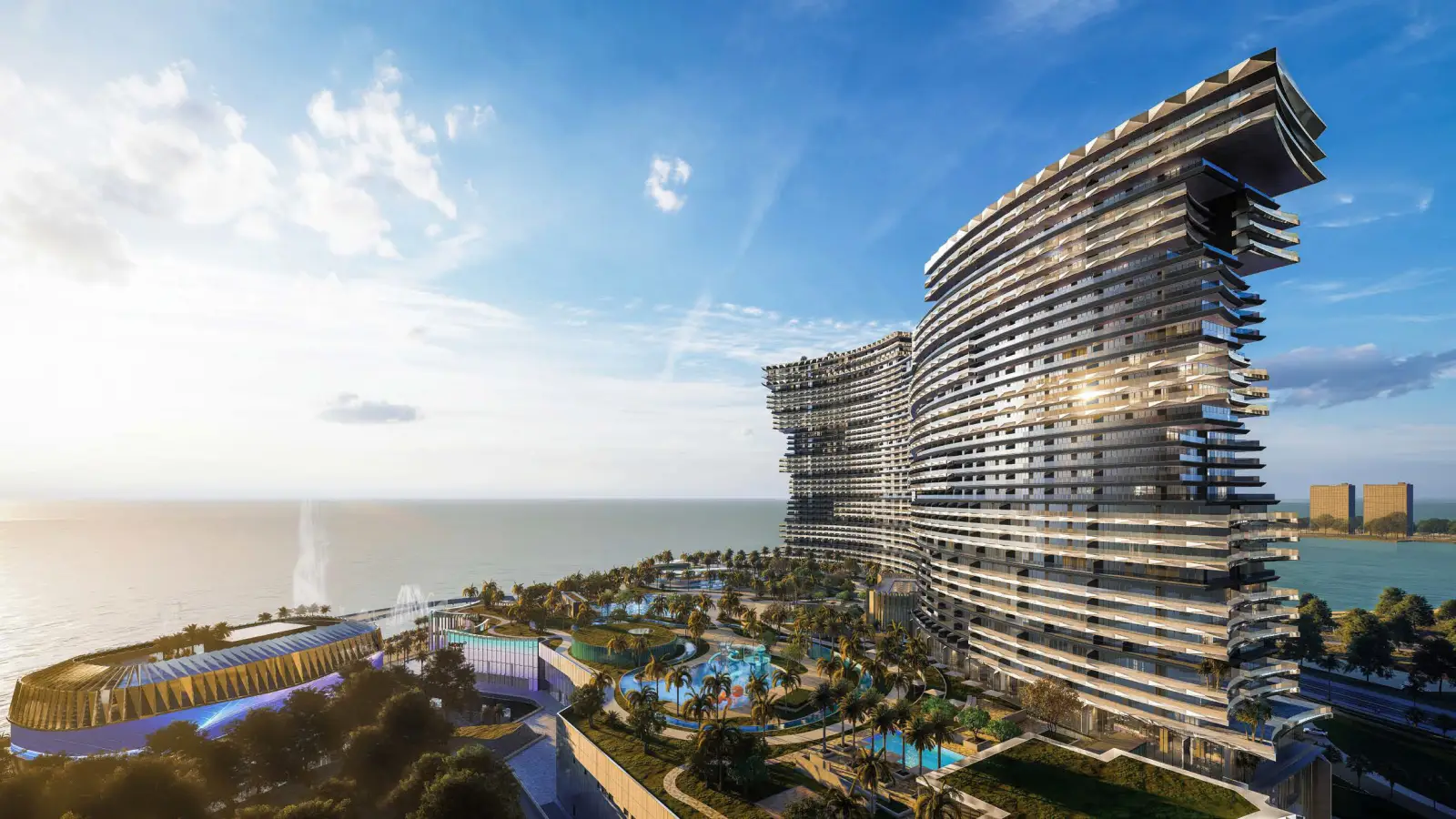Helsinki’s new eco-friendly wooden hotel, Solo Sokos Hotel Pier 4, aims to set a new standard in sustainable hospitality in Finland.
Nestled in the Katajanokan Laituri, a striking wooden landmark on the city’s shoreline, the wooden hotel in Helsinki offers a unique blend of modern design, environmental responsibility, and Nordic charm.
Designed by the award-winning Anttinen Oiva Architects, Katajanokan Laituri is more than just a building; it’s a statement.
Constructed primarily of Finnish and Swedish timber, the four-story structure showcases pioneering architectural methods combined with sustainable materials.
The building is a part of Helsinki’s broader initiative to become carbon-neutral by 2030, reflecting a growing trend towards sustainability in urban development.
As Deputy Mayor Anni Sinnemäki emphasizes, “The aim of transforming the Katajanokka shoreline area is to create a lively urban space… A building made of wood, that is durable and has as low a carbon footprint as possible meets the city’s goals.”
The Solo Sokos Hotel Pier 4, housed within Katajanokan Laituri, has set its sights on becoming Finland’s most sustainable hotel. From the eco-friendly construction using renewable energy to the hotel’s daily operations, sustainability is at the forefront.
The hotel is applying for LEED Platinum certification, Green Key, and Sustainable Travel Finland certificates—ensuring that every aspect of the hotel, from its materials to its services, meets the highest environmental standards.
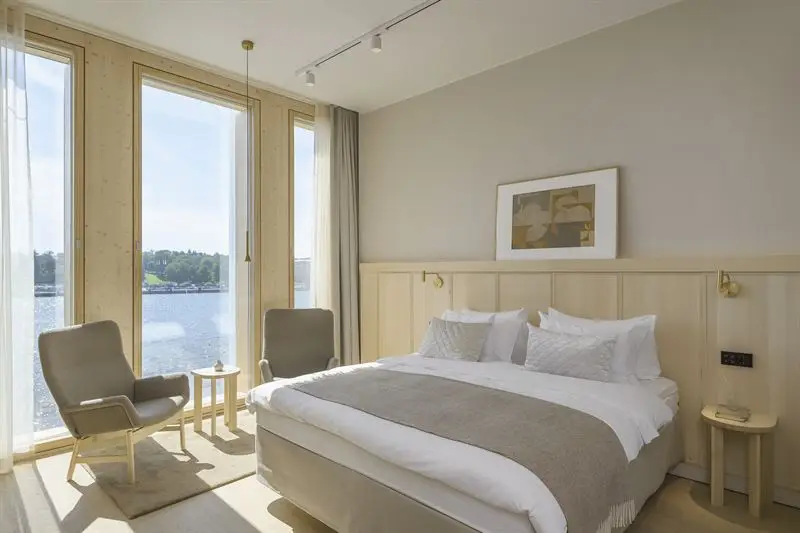
Guests at Solo Sokos Hotel Pier 4 can choose from 164 rooms, 43 of which offer breathtaking sea views. The hotel also features a rooftop terrace with sweeping vistas of the Market Square and South Harbour, a seaside café, and conference facilities for business travelers. At the heart of the hotel is its restaurant, Harbore, led by Michelin-starred Finnish chef Sauli Kemppainen, who focuses on simplicity and the pure taste of Nordic ingredients. Every dish is crafted using no more than two main ingredients, such as reindeer and onion, emphasizing local Finnish produce for up to 85% of all ingredients used.
Katajanokan Laituri is set to become a vibrant hub of art, design, and culture, further enriched by the upcoming Museum of Architecture and Design. The building’s solid wood design not only contributes to Helsinki’s sustainability goals but also enhances the city’s historic skyline, blending seamlessly with nearby landmarks like the former head office of Stora Enso, designed by Finnish architect Alvar Aalto.

